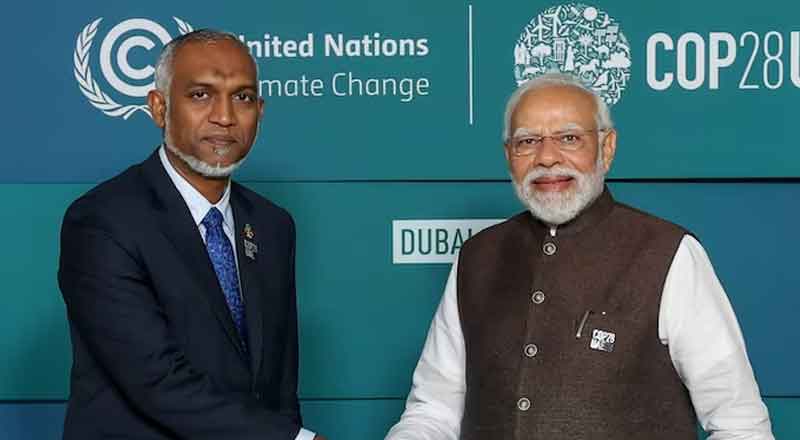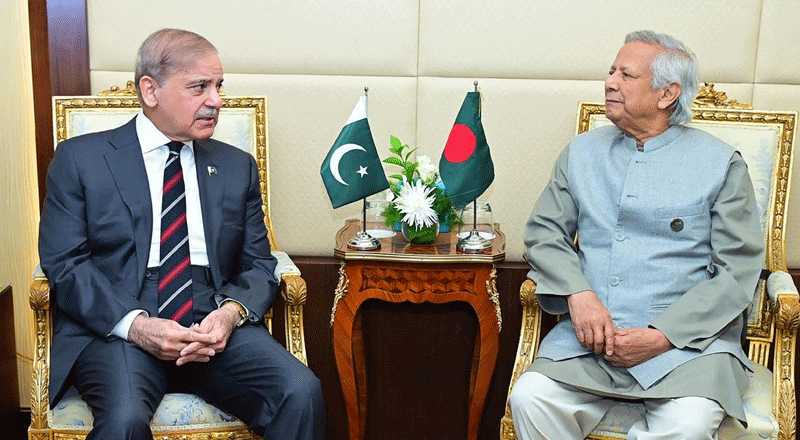Amid the ongoing diplomatic tension between the two nations over increased Chinese influence in the island country, the Centre on Friday allowed limited exports of crucial goods including sugar, wheat, rice, and onions to the Maldives. Earlier, India imposed restrictions on the export of these food items.
The development came right ahead of the Lok Sabha elections to maintain stability in local prices.
he Centre has approved exports of 124,218 metric tons of rice, 109,162 tons of wheat flour, 64,494 tons of sugar, 21,513 metric tons of potatoes, 35,749 tons of onions, and 427.5 million eggs.
The government has also permitted the export of 1 million tons each of stone aggregate and river sand.
According to the official notification issued by the Centre, the shipments of these commodities to the Maldives during the 2024/25 financial year, which commenced on April 1, would not be subject to any present or future export restrictions or prohibitions.
Shipments of these commodities in the FY25 which started on April 1 to the Maldives “will be exempted from any existing or future restriction/prohibition on export,” said the government in a notification.
The decision to allow limited exports of essential goods amid diplomatic tensions between India and the Maldives reflects a pragmatic approach by the Indian government to balance its diplomatic interests with its economic responsibilities. Here’s an analysis of the situation:
- Diplomatic Tensions: The decision comes amidst strained relations between India and the Maldives. While the specifics of the tensions may vary, it could be related to issues such as trade disputes, geopolitical concerns, or disagreements over policies or regional dynamics.
- Limited Exports: Allowing limited exports of essential goods suggests that India aims to mitigate the impact of diplomatic tensions on bilateral trade while still maintaining some control over the flow of goods. This approach helps prevent a complete breakdown in economic relations while sending a signal of India’s willingness to engage in dialogue and negotiation.
- Essential Goods: The focus on essential goods indicates that both countries recognize the importance of maintaining the flow of critical supplies, such as food, medicine, and other necessities, even during periods of diplomatic strain. This decision reflects a humanitarian concern and a commitment to ensure the well-being of the populations of both countries.
- Pragmatic Diplomacy: By allowing limited exports of essential goods, India demonstrates a pragmatic approach to diplomacy, prioritizing practical considerations and economic stability over escalatory measures. This approach aligns with India’s broader foreign policy goals of maintaining regional stability and fostering cooperation with its neighbors.
- Potential Impacts: While the decision to allow limited exports may help ease immediate tensions and ensure the continued availability of essential goods, the situation remains fluid, and further developments could impact bilateral relations and trade dynamics. Continued dialogue and diplomatic efforts will be crucial in resolving underlying issues and restoring normalcy in relations between India and the Maldives.
In conclusion, the decision to allow limited exports of essential goods amid diplomatic tensions reflects India’s pragmatic approach to balancing its economic and diplomatic interests. By prioritizing the flow of critical supplies while still exercising some control over trade, India aims to navigate the complexities of its relationship with the Maldives while minimizing the risk of further escalation.
(With inputs from agencies)





